“Moonage Daydream” is a cinematic tribute to the iconic David Bowie, a man who transcended music to become something bigger and more significant (especially to a particular generation). The documentary, directed by Academy Award-nominated and Emmy-winning Morgan Brett, masterfully blends various forms of media, art, and interviews, capturing Bowie’s essence in a refreshingly nonlinear narrative. Brett’s style and out-of-the-box creativity will not come as a surprise to fans of his previous work such as „Cobain: Montage of Heck”.
The Bowie documentary opens with a mash-up cinephile intro, featuring clips ranging from Chaplin to Ed Wood, Metropolis to Quo Vadis, and The Cabinet of Dr. Caligari to Fellini. It sets the tone for a journey that delves deep into the life and artistry of „a man born to fill the void inside us all”.
Rather than following the conventional linear documentary format, “Moonage Daydream” captures the essence of Bowie by blending interviews, concert recordings, music videos, personal archives, late-night show appearances, experimental art and philosophical testimonials into a seamless narrative. Morgan’s meditative and lyrical filmmaking approach greatly resembles that of (present day) Terrence Malick.

Source: IMDB
The documentary delves deep into Bowie’s enigmatic persona. From his early struggles with self-doubt about his voice to his prolific songwriting that touched on themes ranging from suicidal adolescents to lonely, traumatized or purpose-seeking adults, Bowie’s music has always resonated deeply with outsiders. He was a performer of incredible charisma, combining a dry wit with profound philosophical meditations on time, art, and poetry.
We explore Bowie’s constant search for a connection to a greater energy, delving into his strong spirituality, which ranged from Buddhism to various energy forms and the mystical. We follow Bowie’s step-by-step transformation, from the alien rock star Ziggy to a mime and theatre performer, from anxious child through drifting man to stay-at-home dad. As Bowie states „every artist seeks his true connection to the universe”.
We get to know that while growing up, Bowie had shared impactful experiences with his older half-brother, who introduced him to a world beyond their immediate, modest surroundings. From John Coltrane to Oscar Wilde, Bowie’s curiosity was nurtured by him, leading Bowie to become an artist with incredible curiosity and awareness. Bowie’s early life was also marked by emotional detachment from his parents and their unhappy marriage, which influenced his reluctance to get emotionally involved. He viewed falling in love as something to be done from a distance, a reflection of his upbringing and family’s struggles with mental health.
As Bowie evolved, he transitioned from an angry, impatient, and hectic young artist to a soothing, positive tour-de-force person and performer. He came to understand that as he says he „was not his work”; he was a person to be looked at, not just a performer. His journey taught him the value of appreciating life and not holding onto possessions. Iman, Bowie’s wife, entered his life during „a period of illusion” enhancing this realization.

Source: Livenation
Furthermore, a time – 1970-80s – when discussing sexuality openly was taboo, Bowie courageously became a bisexual icon. He was a true generalist, constantly challenging himself and refusing to conform to expectations. The Brit’s creativity knew no bounds, as he drew inspiration from life itself, infusing it into his music until the very last moment. The documentary reflects on Bowie’s richly meditative side, pondering God, sexuality, and addiction while becoming the most content and peaceful version of himself.
Watching Brett’s movie is an experience best enjoyed without overthinking. Instead of trying to dissect every detail, lose yourself in Bowie’s colorful world. “Moonage Daydream” is not just a tribute to a legendary artist; it’s an exploration of the human spirit and the boundless possibilities of creativity and life.
“Moonage Daydream” is available on HBO Max, Netflix and AppleTV.
~ by Dora Endre ~

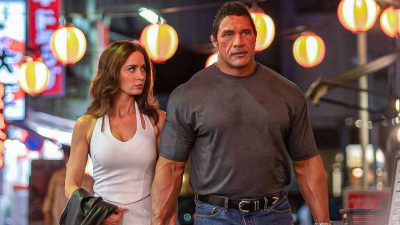

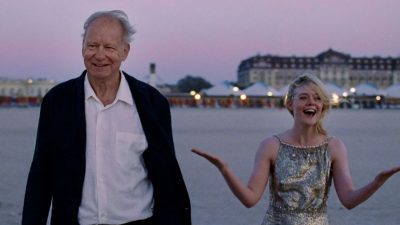

















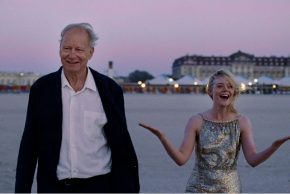
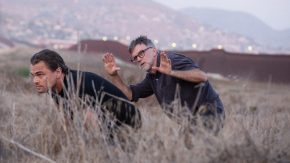
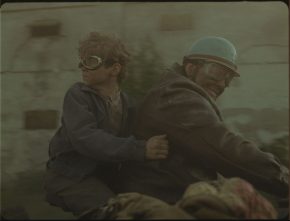
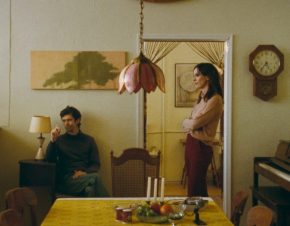
Comments